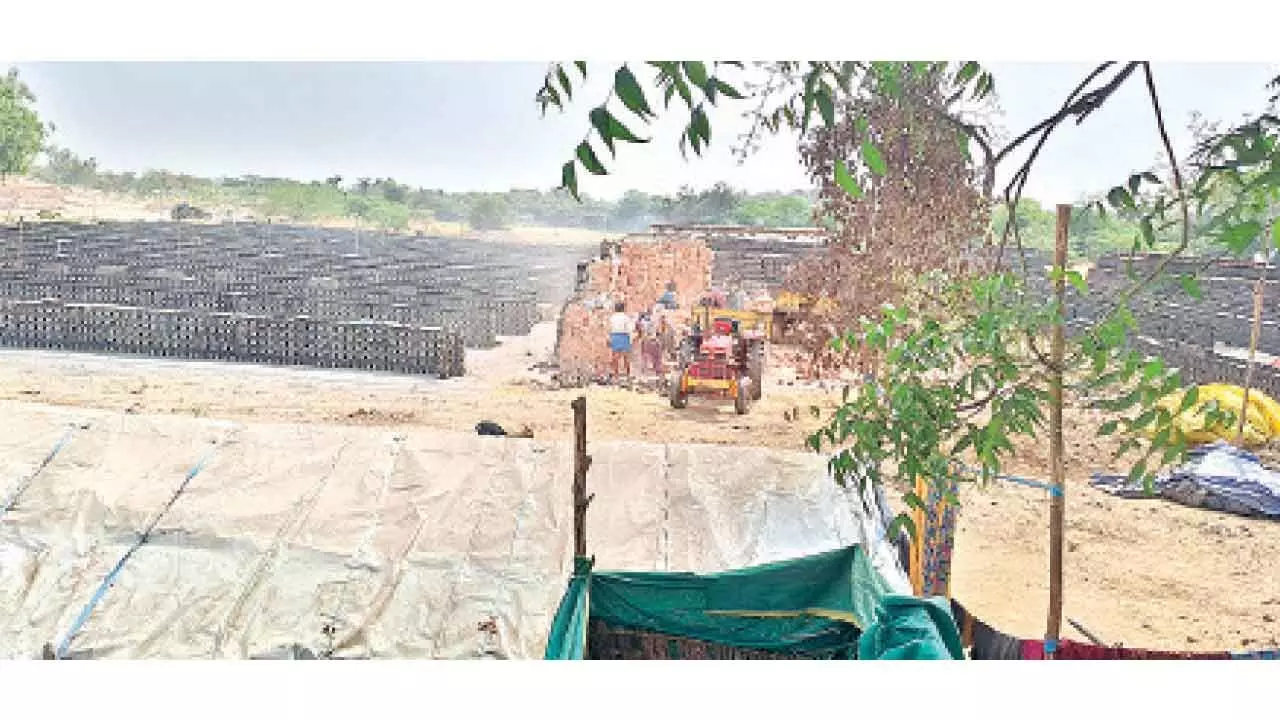Farmers Urged to Take Action Against Exploitation
Macherla Prakash, President of the All India Ambedkar Youth Association (District Unit) and a member of the SC/ST Vigilance and Monitoring Committee, has raised concerns about the exploitation of cotton seed farmers. During a recent press meet in Gadwa, he shed light on the financial struggles of these farmers and the unethical practices by middlemen and companies that have left many drowning in debt.
Prakash explained that in the past, farmers were required to pass a Grow Out Test (GOT) before transporting their leftover seeds. However, this practice has changed, and now entire stocks are taken from farmers. They are often falsely told that their seeds failed the test, leading to deceit and manipulation.
Adding to their struggles, farmers are being charged excessive ginning fees, often much higher than the norms set by the Cotton Corporation of India (CCI). They are also being forced to pay unwarranted insurance fees, further increasing their financial burden. These practices, Prakash argued, unfairly benefit middlemen and company organizers at the farmers’ expense.
To address these issues, Prakash called for a fair increase in the rates of seed packets to help farmers cope with the rising costs of cultivation. He urged higher authorities to intervene quickly and organize awareness programs at Rythu Vedikas (farmer forums). These sessions, he said, would educate farmers about these exploitative practices and provide guidance on how to protect themselves.
The press meet also saw the participation of prominent attendees, including Bhandari Sunand, who supported the cause and emphasized the need for immediate action.
A Step Toward Transparency
The press meet highlighted the pressing need to address unethical practices in the cotton seed industry. Prakash’s suggestions, including increasing seed packet rates and conducting awareness sessions, could empower farmers and protect them from financial exploitation. Authorities must act swiftly to ensure transparency, fairness, and relief for cotton seed farmers.











